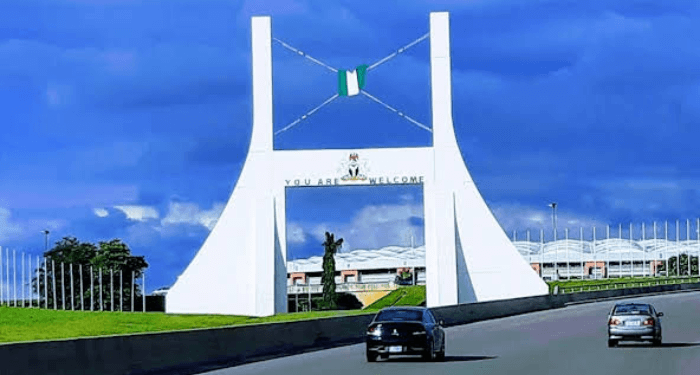Original natives of the Federal Capital Territory (FCT) yesterday rejected the decision of the Federal Capital Territory (FCT) to work out a compensation package for their ancestral lands and relocate them.
They insisted they should rather be integrated into the Urban Renewal Policy of the FCT.
They argued that the continuous push to displace them from their native land was a gross violation of their fundamental rights and the rule of law.
They pointed out that only an inclusive urban renewal and integration approach will guarantee their acceptance, comfort, and provide both humane and equitable alternatives for them.
They made their position known at a public hearing organized by the House of Representatives Committee on Area Councils and Ancillary Matters.
The Sepeyi of Garki, Chief Usman Nga Kupi, who represented the ‘Ona of Abaji’ said, the natives had already made so much sacrifices, including the loss of their ancestral lands and property for national development without reciprocity since the Federal Capital Territory was moved from Lagos to Abuja.
Also speaking, Hon. Bala Iya, who spoke for the Kpaduma community, expressed concerns over what he described the as a longstanding injustice and discriminatory practices against the natives.
According to him, farmlands had been seized without compensation in the past leading to disruption of the only means of livelihoods as well as people’s spiritual and cultural ties.
“The resettlement process must include allocation of reasonably sized land, with proper title documents and financial support for building development as approved by Development Control,” he said.
Meanwhile, the Original Inhabitant Development Association of Abuja called for a constitutional amendment to secure equal rights for FCT natives.
Represented by Giwa Bamaiyi, the group’s President, Pastor Danladi Jeji, proposed the establishment of a National Commission for Indigenous Peoples to address the systemic challenges faced by original inhabitants.
Earlier, while declaring the hearing open, Speaker of the House of Representatives, Hon. Tajudeen Abbas, urged all stakeholders to freely express their views, noting that such contributions would assist lawmakers in arriving at informed legislation that will stand the test of time.Abbas, who was represented by Hon. Joe Oke Onuakalusi, described the intervention as a critical step towards promoting national unity and the brotherhood embedded in Nigeria’s constitution and national anthem.He noted that the issue of integrating FCT indigenes has been a recurring debate across successive administrations, emphasizing that the matter is not just relevant to Abuja but has broader implications for justice and equity across the country. The Speaker therefore, charged the committee to carefully document all contributions made during the hearing, assuring that the 10th House, under his leadership, was committed to developing legislative solutions that reflect the collective aspirations of the people.Chairman of the House Committee on Area Councils and Ancillary Matters, Hon. Fredrick Agbedi, explained that the hearing was prompted by a motion moved on the need to explore alternative approaches to resettling or integrating both indigenous and non-indigenous residents in the FCT.“The FCT is a symbol of unity and a representation of our national ideals. It was built for all Nigerians, irrespective of ethnic, religious, or regional backgrounds. “However, with growth and diversity come complex challenges—including the displacement of indigenous communities, the unclear status of non-indigenous residents, and the tension between customary land rights and modern urban planning”, he said.In his remarks, Director of Resettlement and Compensation at the FCDA, Nasiru Suleiman, requested additional time for the agency to present its memorandum, which the committee granted him a two-week extension to enable the FCDA to submit its presentation.









